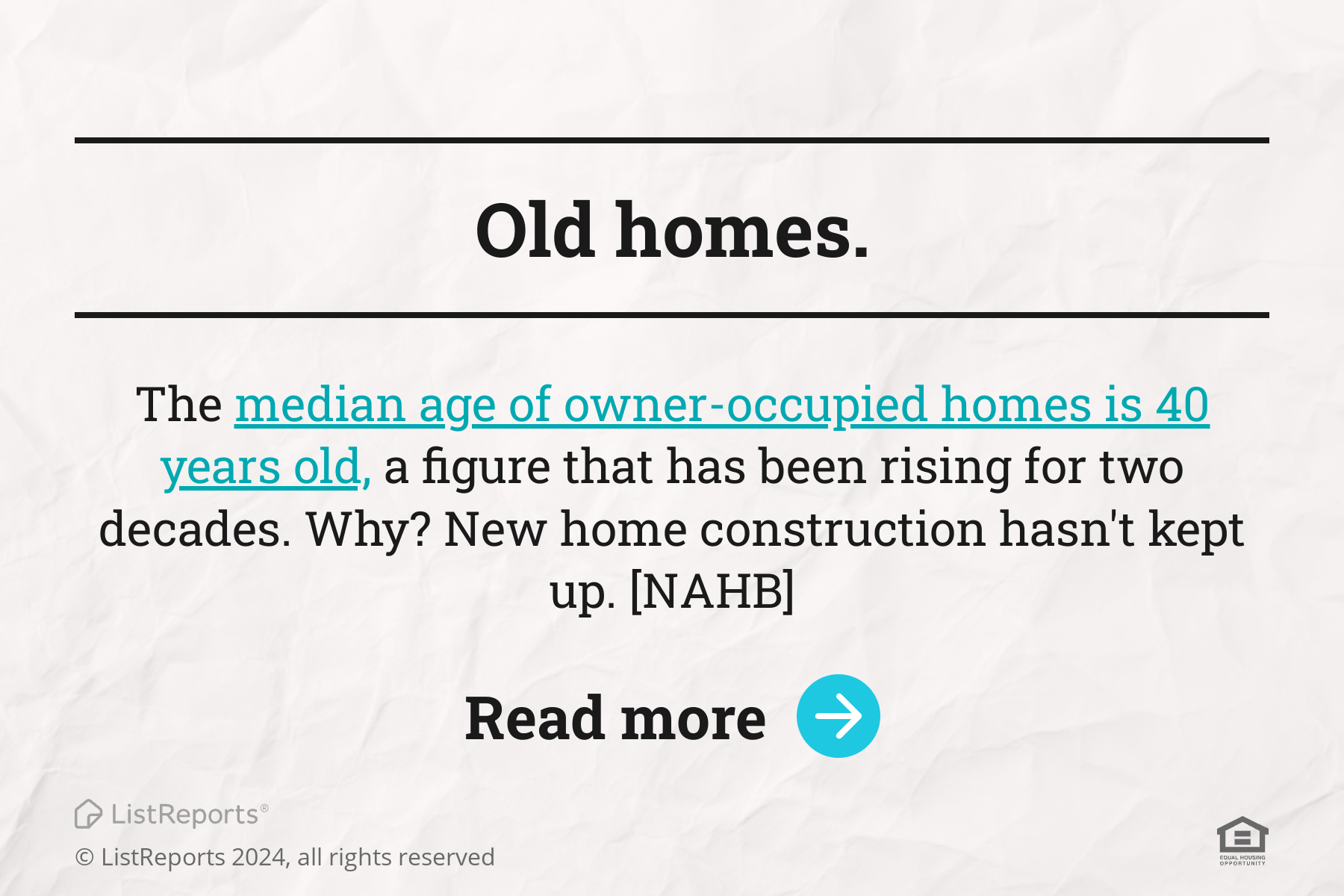CALL: 727-353-9288
Why Conventional Mortgages are the Preferred Choice for Homebuyers
Local ordinances are subject to change at any time.
When it comes to buying a home, one of the most important decisions that homebuyers have to make is choosing the right type of mortgage. With so many options available, it can be overwhelming to understand the differences between them and decide which one is best for your specific situation. This can lead to confusion and mistakes that could cost you thousands of dollars in the long run. In this article, we will take a closer look at conventional mortgages and compare them to other types of mortgages such as adjustable-rate mortgages (ARMs) and non-qualified mortgages (Non-QM) to help homebuyers make an informed decision when it comes to financing their dream home.
Conventional Mortgages
A conventional mortgage is a type of home loan that is not insured or guaranteed by the government. It is a popular choice among homebuyers because it typically offers lower interest rates and more flexible terms compared to other types of mortgages.
Advantages of Conventional Mortgages
One of the main advantages of a conventional mortgage is that it requires a lower down payment than government-insured loans such as FHA or VA loans. Depending on the lender and the type of loan, the minimum down payment can be as low as 3% of the purchase price. This means that homebuyers can get into a home with less money out of pocket.

Another advantage of a conventional mortgage is that it usually has lower closing costs. These are the fees that are charged by the lender, the title company, and other parties involved in the transaction. Because conventional mortgages are not insured by the government, there are no additional fees for mortgage insurance, which can add thousands of dollars to the cost of a loan.
Disadvantages of Non-traditional Mortgages
On the other hand, non-traditional mortgages such as adjustable-rate mortgages (ARMs) and non-qualified mortgages (Non-QM) have some disadvantages.
Adjustable-rate Mortgages (ARMs)
An adjustable-rate mortgage (ARM) is a type of loan in which the interest rate can change during the term of the loan. The interest rate is typically fixed for a certain period of time, such as five years, and then it can change annually based on market conditions. The main disadvantage of an ARM is that the interest rate can increase over time, which can lead to higher monthly payments. This can make it difficult for borrowers to budget and plan for the future.
Non-qualified Mortgages (Non-QM)
Non-qualified mortgages (Non-QM) are loans that do not meet the standard guidelines established by the Consumer Financial Protection Bureau (CFPB). This means that they may have higher interest rates, more restrictive terms, or require additional documentation. Non-QM loans are also not eligible for purchase by government-sponsored entities such as Fannie Mae and Freddie Mac. Therefore, borrowers may have a harder time finding a lender who is willing to make a non-QM loan.
Conventional mortgages are a great option for homebuyers looking to purchase a home with a low down payment, low closing costs and flexible terms. However, it's important to consider the potential disadvantages of non-traditional mortgages such as ARMs and Non-QM before making a decision. It's always a good idea to consult with a licensed professional and legal advisor before making any major financial decisions.
If you're looking for a mortgage broker who can help you navigate the home buying process and find the best mortgage option for your specific situation, look no further than Shaun Mathena of Mathena Mortgages. With years of experience and a deep understanding of the housing market, Shaun is an expert in conventional mortgages and can help you make an informed decision when it comes to financing your dream home.
Don't let the confusion and complexity of the mortgage process hold you back from reaching your goal of homeownership. Contact Shaun Mathena today at (727) 504-8628. With Shaun's help, you can be one step closer to owning your own home.
If you are refinancing, buying a home, or thinking about buying in the next 5 years. Subscribe to our blog and stay up to date about changes in the market that effect buyers. Or contact us to learn more about applying for a mortgage.
Quick Contact Form
Address:
4590 Ulmerton RD, Suite 104
Clearwater, FL 33762
Quick Contact Form
We will get back to you as soon as possible.
Please try again later.
© Copyright 2023 | All Rights Reserved | Superior Mortgage | Privacy Policy | NMLS consumer access






